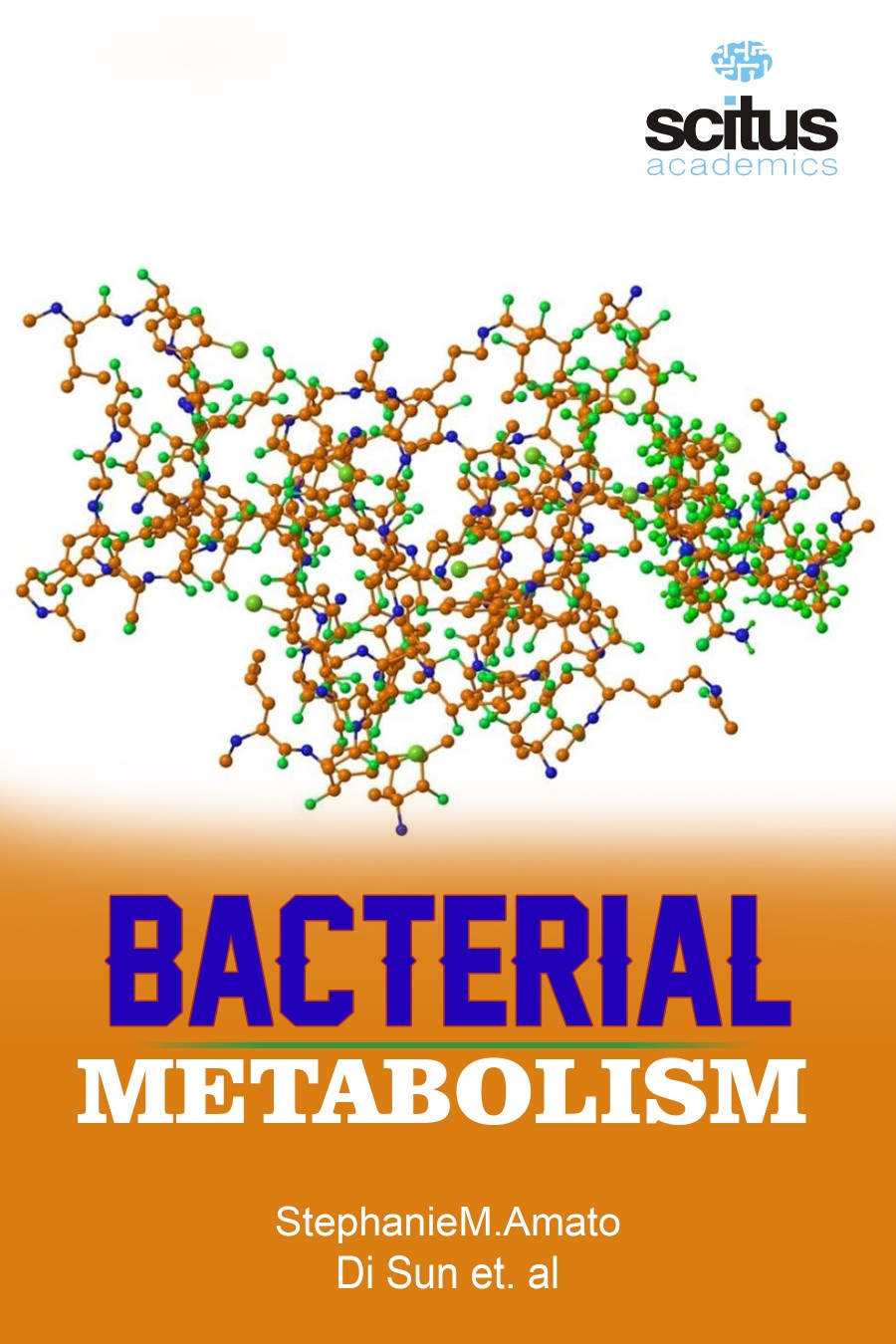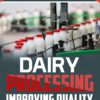Metabolism refers to all the biochemical reactions that take place in a cell or organism. The study of bacterial metabolism focuses on the chemical diversity of substrate oxidations and dissimilation reactions, which normally function in bacteria to generate energy. The role of metabolism in the bacterial response to antibiotics has recently garnered interest because of a rapid rise in antibiotic resistance, a clear link between metabolic function and cell viability, and the lack of novel targets for hard-to-treat infections. Also within the scope of bacterial metabolism is the study of the uptake and utilization of the inorganic or organic compounds required for growth and maintenance of a cellular steady state (assimilation reactions). Genome-scale metabolic models bridge the gap between genome-derived biochemical information and metabolic phenotypes in a principled manner, providing a solid interpretative framework for experimental data related to metabolic states, and enabling simple in silico experiments with whole-cell metabolism.
This book entitled “Bacterial Metabolism” presents cutting-edge research and reviews on how bacterial and archaeal structure lead to function, how metabolic processes are regulated, how microbes respond to environmental stressors, and how microbes can be manipulated to enhance their growth or the production of desired products. It also summarises the current knowledge of the bacterial isolates capable of anaerobic mineralization of hydrocarbons, and of the biochemistry and molecular biology of enzymes involved in the catabolic pathways of some of these substrates. Several alkylbenzenes, alkanes or alkenes are anaerobically utilized as substrates by several species of denitrifying, ferric iron-reducing and sulfate-reducing bacteria. The book will be of valued for students, researchers as well as for practitioners dealing with the subject.













